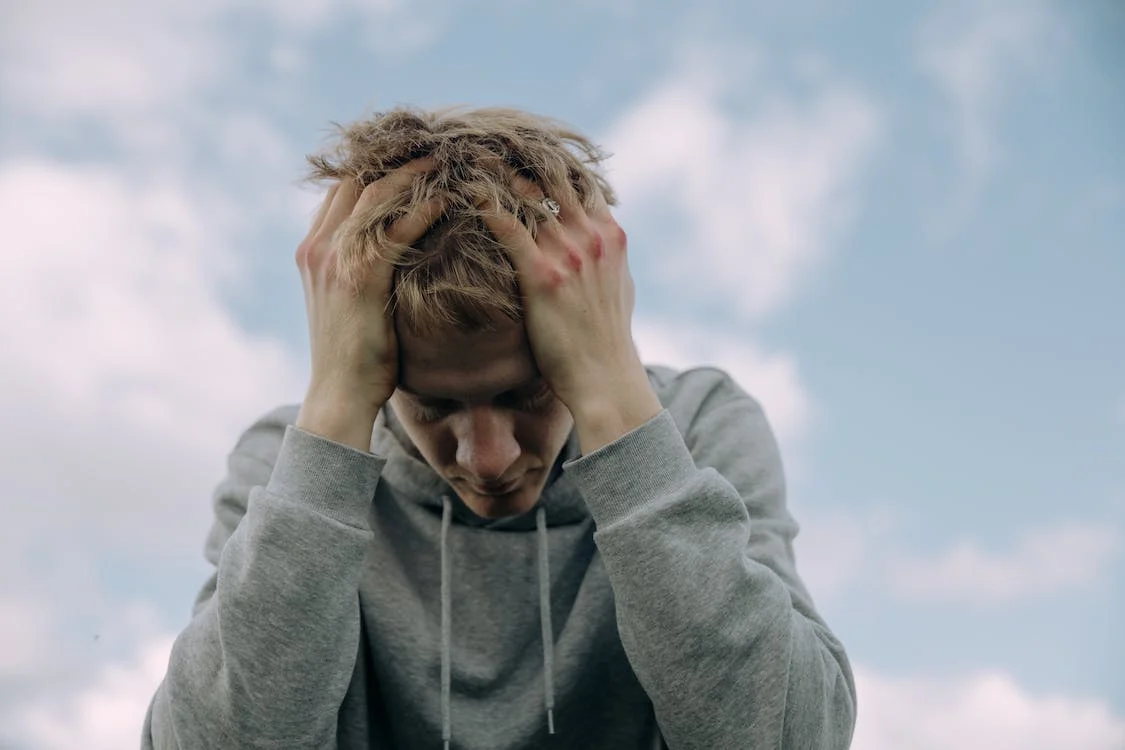Depression is the most frequent mental illness of our time, but the attitude to it remains ambiguous. We live in a society focused on success and well-being, where it is not customary to say openly that you are ill, as well as to seek help by acknowledging your “defeat. At the same time, the feeling of depression is not a serious illness, but a whim: even adults and cultural people most often believe that a “normal” person will not be depressed if they “tune in to the positive”, and this problem can and should be dealt with on their own (this is not true).
Meanwhile, a competent, understanding attitude of others is important for timely diagnosis and support of depressed patients as much as their own desire to be cured. This process is unlikely to be quick and painless, but it can be facilitated if we act in a planned and conscious manner. In this article, I explain what to be prepared for if your relative, friend or loved one suffers from depression.
Pop culture’s Depression
It seems like talking about it, or admitting your illness is much less terrible than, for example, schizophrenia. But this “much less” works already post factum, when a person is cured or in remission: only then can he with humor, and perhaps without, but still “healthy” to discuss and analyze the experience. But not at all when you find him in his stale pajamas in bed at three o’clock in the afternoon in tears or silent apathy.
The thing is that most of us have not experienced such situations and can be sure that a depressed person just needs some sunshine or a couple of trips to the gym. All the joy of revelation goes to loved ones, and even the most devoted person may not stand and be confused, may start to ignore the situation or capitulate at all. Everybody loves cheerful people, but a real friend gets to know him in crisis. It is difficult to estimate the scale of your difficulties in advance but to survive them, it is important to calculate your actions correctly and understand what you are facing.
Often, the suicide of your partner, child, friend, or sister turns out to be a complete surprise to others.
It is worth starting with, in general, to be more attentive to each other. Ironically, often the suicide of a partner, child, friend, or sister is a surprise to others. And this is the most terrible thing: despite the fact that the problem, most likely, was in plain sight, nobody noticed or paid any attention to it. The greatest danger lurks in this emotional and social blindness. Now they began to talk about the joint overcoming of serious diseases and even dedicate whole blogs to this struggle – it helps to remove the stigma from the equally frightening topic of oncology and show the importance of mutual support. This is a very important process, and to be sure just check https://basepointpsychiatry.com/spravato-treatment/. Depression deserves no less thoughtful and attentive attitude: in fact, few people realize that this disease is potentially fatal and often ends in suicide.
Most often people close to them see the change: it is impossible not to notice it. The situation is complicated by the fact that these changes can be absolutely different: someone becomes more crying or silent, almost always sad, perhaps irritable. More often than not, someone does not want to get up in the morning, misses school or work, perhaps starts to drink more alcohol, someone loses his appetite, someone, on the contrary, “eat up” his sadness. In an ideal world, I would advise just to talk to a person and ask what is happening to him, but in the real world, many people may be married for decades and are unable to discuss feelings and emotions. So here’s some advice from far away: learn to talk to each other. Learn to express what you think and feel. Be able to admit that you’re scared and anxious and you don’t understand what’s going on, but you’d really like to help. Do not blame.

